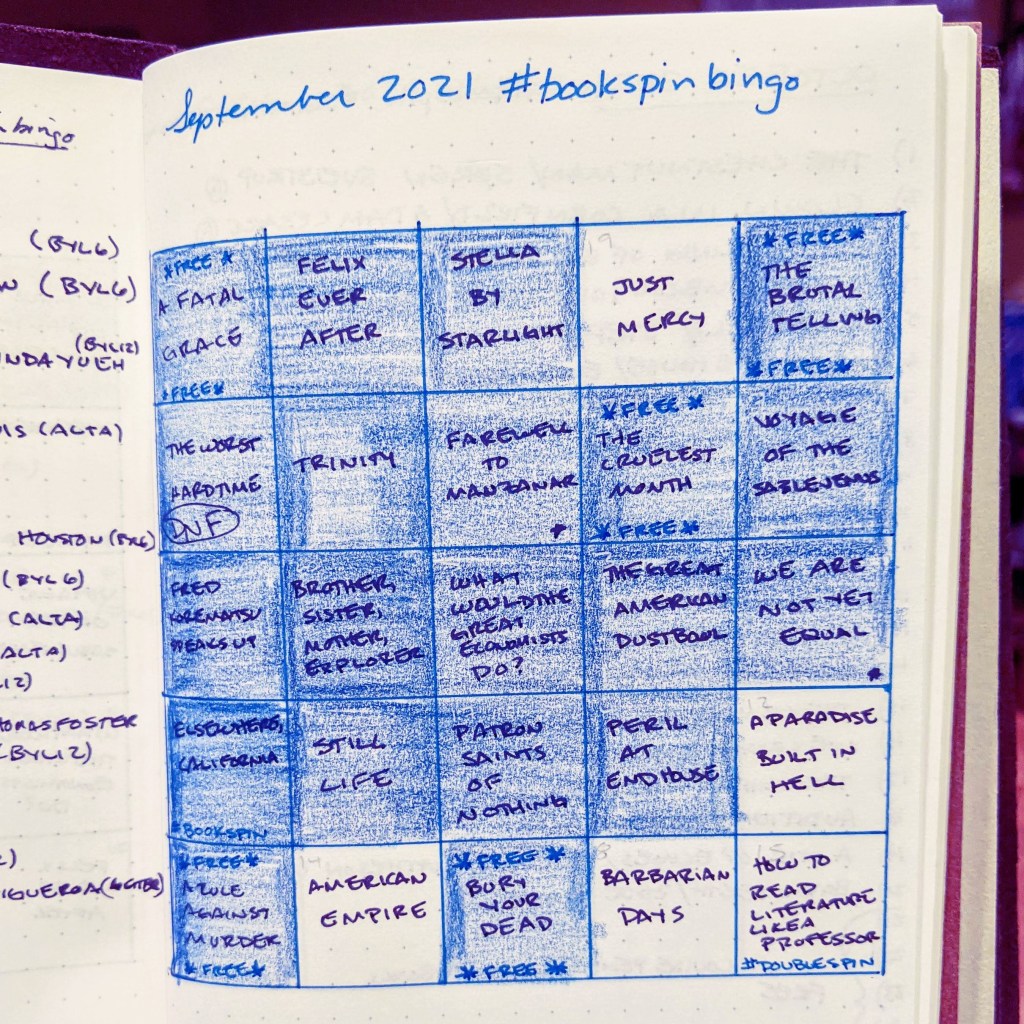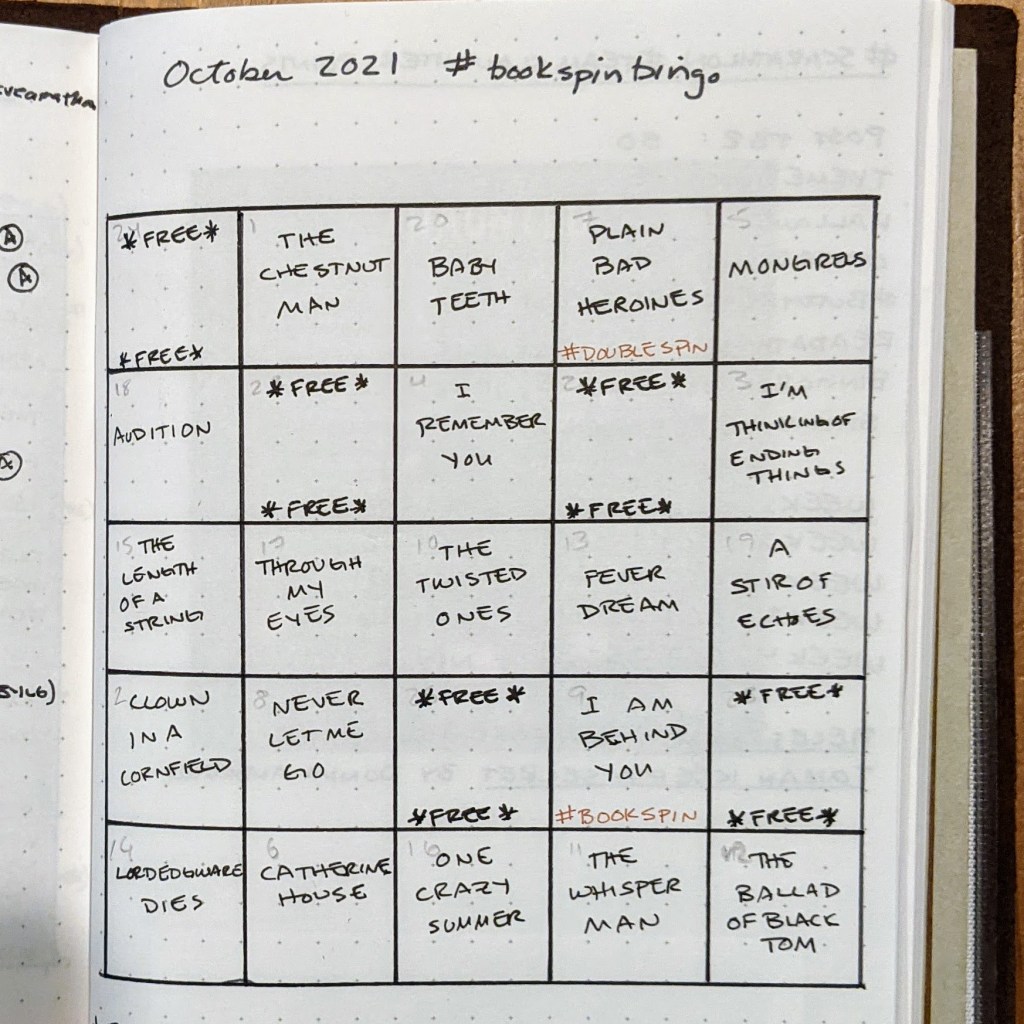With the twentieth anniversary of the 9/11 attacks this month, I saw two things: a lot of posts and commentary about the sense of unity that existed in the United States in the days following the attacks, and a lot of “This isn’t who we are” in response to racially or ethnically motivated violence.
The first thing I thought of was a conversation I had a few years ago with a friend of mine who wears a hijab. She described her experience living in eastern Massachusetts after 9/11 as feeling like anything but “unity.” Then this month I read two books with my son about the internment of Japanese Americans under Executive Order 9066 during World War II, and I reflected that putting Japanese-appearing people out of sight during the war probably created a sense of unity among the white people left in West Coast communities even as it upended the families who were imprisoned. It occurs to me that feeling a sense of “unity” isn’t always a good measure of whether there actually is “unity,” at least not across groups with different ethnic or religious or political backgrounds.
And then there’s “This isn’t who we are.” In light of my friend’s experience and my reading about the Japanese internment, along with reports of anti-Asian violence from a Korean-born friend of mine in northern California and things I’ve witnessed personally where I live, it appears that we as a country constantly have to re-learn how to be inclusive, how to be a country that not only contains diversity but also respects it. If this is something we constantly have to work at, isn’t this evidence not that “this isn’t who we are” but rather that this is who we are, but that maybe we can make a choice to be different? Maybe what we mean when we say “this isn’t who we are” is really “this isn’t who we could be,” or maybe “this isn’t who I thought we were because I haven’t experienced this type of division or violence directed at me before.”
It’s a subtle but powerful difference, I think. “This isn’t who we are,” assumes that we are by our nature a country that recognizes and embraces the inherent worth and dignity of every person, and we just happen to have a lot of institutions in place that are contrary to this. In this case, the idea is that if we get out of our own way, things will resolve to that baseline of tolerance and inclusivity. The other interpretation requires a lot more work. It recognizes that our baseline is division and suspicion and defining ourselves by the majority (or by the group that holds the power, which isn’t always the same thing), and that if we want to be different, we have to reflect and be aware and work hard to change, and we need not just to change ourselves but to call out division and suspicion when we see them.
It’s a delicate balance, though, calling out division without creating more of it. I don’t know how to do that dance, but I mean to try.
The two books that got me thinking in this direction this month were Fred Korematsu Speaks Up by Laura Atkins and Farewell to Manzanar by Jeanne Wakatsuki Houston, along with the volunteer work I did with John Lewis’s March: Book One (which I’m not counting as a “read” book because I was working on a curriculum guide for it, not reading it). Read on for the full list of my reading in September.

Finished in September (20 (2 DNF)):
Homeschool (Build Your Library Curriculum):
We Are Not Yet Equal by Carol Anderson
The Great American Dust Bowl by Don Brown
Stella by Starlight by Sharon M. Draper
Fred Korematsu Speaks Up by Laura Atkins
What Would the Great Economists Do? by Linda Yueh
Trinity by Jonathan Fetter-Vorm
Farewell to Manzanar by Jeanne Wakatsuki Houston
For Challenges/Book Clubs:
Elsewhere, California by Dana Johnson
Voyage of the Sable Venus by Robin Coste Lewis (DNF)
Peril at End House by Agatha Christie
Just Because:
Bury Your Dead by Louise Penny
The Seven Principles for Making Marriage Work by John Gottman PhD
The Brutal Telling by Louise Penny
A Rule Against Murder by Louise Penny
The Cruelest Month by Louise Penny
A Fatal Grace by Louise Penny
Still Life by Louise Penny
The Worst Hard Time by Timothy Egan (DNF)
To-Read for October:
Hooray!! It’s October, and I’m into my list of spooky/scary books! I’m doing three challenges on Litsy, my usual #bookspinbingo along with two challenges specific to October, #scarathlon (go #TeamSlaughter!) and #screamathon. I also have a personal fitness challenge I’m setting up to start late this month that’s going to involve listening to lots of audiobooks…more on that in the coming weeks!

You can see my Litsy profile for status updates throughout the month and my Instagram (@ImperfectHappiness) for mostly not-book-related photos.
